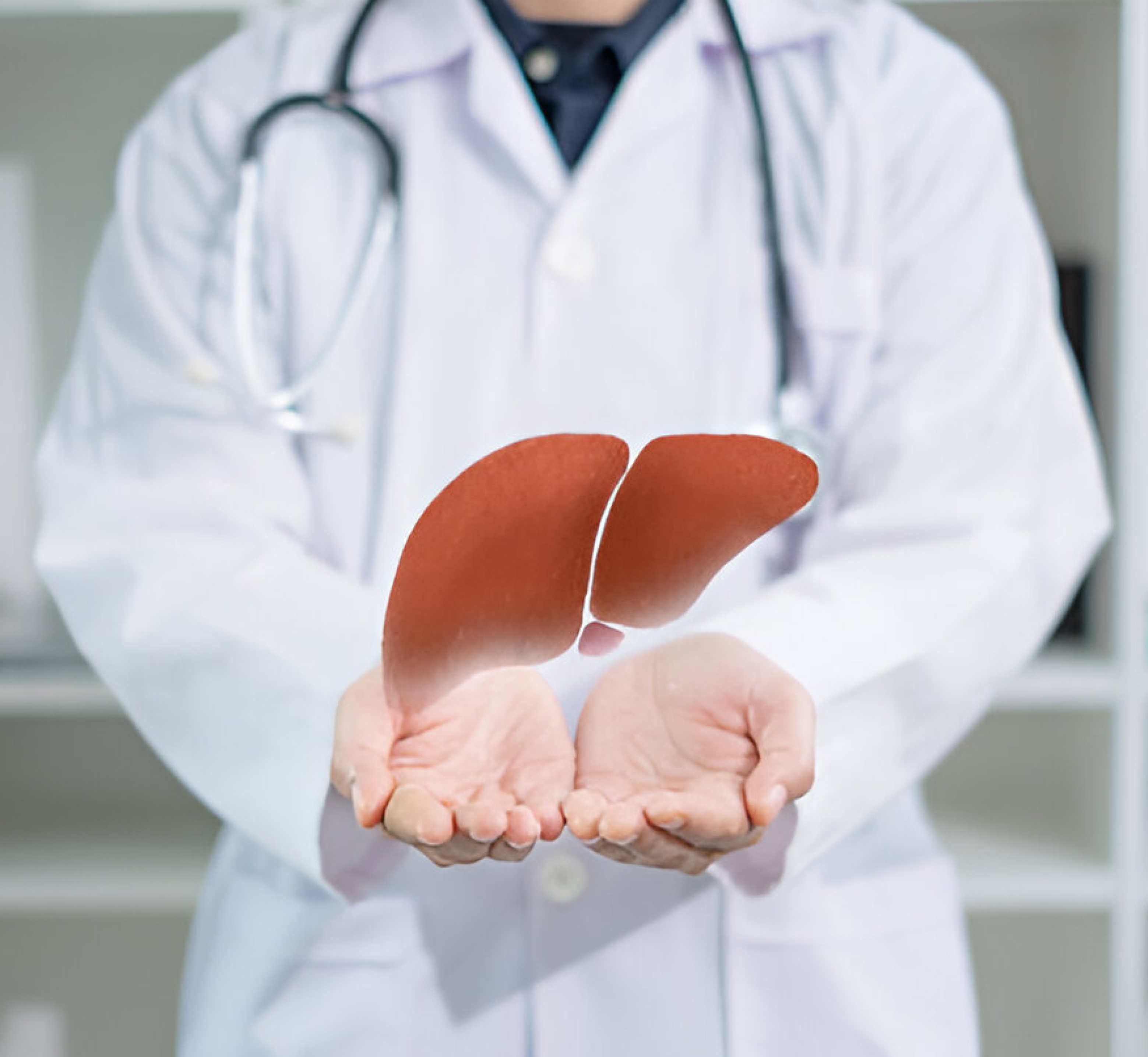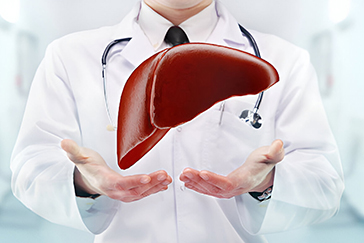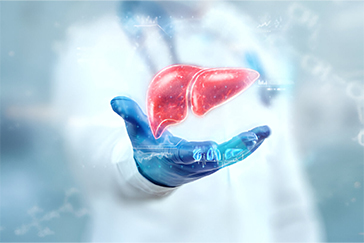 Book Appt.
Book Appt.
 Call Now
Call Now


Acute liver failure is defined as a sudden loss of liver function—in days or weeks—in a person who does not have previous liver disease. It is most commonly caused by the hepatitis virus or medications such as acetaminophen. Acute liver failure is less prevalent than chronic liver failure, which progresses slowly. Acute liver failure, also known as fulminant hepatic failure, can lead to severe complications such as hemorrhage and elevated cerebral pressure. It's a medical emergency requiring hospitalization. Depending on the reason, acute liver failure can occasionally be restored with treatment. In many cases, however, a liver transplant may be the only solution.
Symptoms
Symptoms of acute liver failure could include:
Causes
Acute liver failure occurs when liver cells are severely damaged and unable to function. Potential causes include:
Diagnosis
Acute liver failure is diagnosed by blood testing, imaging investigations, and liver tissue examination. People with acute liver failure are at danger of bleeding during biopsy, hence a transjugular liver biopsy may be performed. This treatment involves making a small incision on the right side of the neck. A narrow tube known as a catheter is then placed into a neck vein, passing through the heart and exiting the liver. A needle is then put into the catheter to collect a sample of liver tissue.
Treatment
People suffering from acute liver failure are frequently treated at a hospital's intensive care unit, which is equipped to perform liver transplants if necessary. A healthcare provider may attempt to treat the liver injury itself, but in many situations, treatment is managing consequences and allowing the liver to heal. Acute liver failure therapies could include:
A healthcare practitioner will also seek to treat symptoms and prevent complications associated with acute liver failure. Care may include:
Prevention
Taking care of your liver lowers your risk of acute liver failure.
Conclusion
Acute liver failure is a medical emergency that demands prompt attention and extensive treatment. Early detection of symptoms, prompt intervention, and supportive care are critical for improving survival rates. Individuals can safeguard their liver health by taking preventative actions and being aware of the risk factors. Advances in medical care, such as liver transplantation, provide hope for people with severe liver failure, highlighting the necessity of early detection and specialist treatment.
SHALBY Sanar International Hospitals provides extensive medical procedures backed up with our state-of-the-art technology and a team of highly qualified & experienced clinical experts.
Our doctors pen down their research findings and experiences from time to time. Their words provide deep insight into the latest techniques, technologies and other advancements in healthcare. It provides expert answers to all kinds of health questions for real-life issues.
VIEW ALL




Since the day of its foundation, SHALBY Sanar International Hospitals is committed to provide comprehensive healthcare services. It regularly organizes awareness programs in its premises and encourages outdoor healthcare activities and camps with an intent to put focus on preventive healthcare.
VIEW ALL